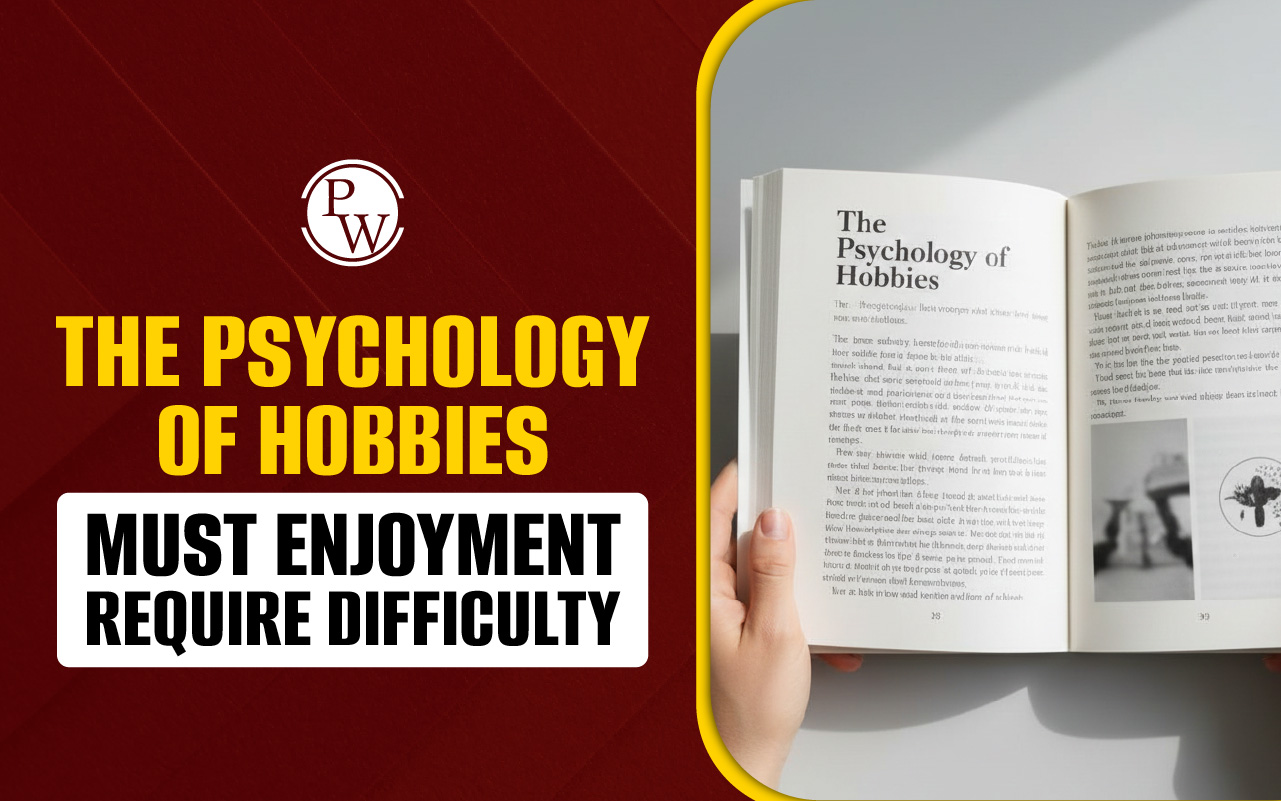
Common Tense Errors in IELTS: The International English Language Testing System (IELTS) is a widely recognized exam that assesses English language proficiency. It consists of four sections: Listening, Reading, Writing, and Speaking. Among these, the Writing section often proves to be the most challenging for test-takers, primarily due to the stringent requirements for grammar accuracy.
Tense errors are a prevalent issue in this section, and they can significantly affect your IELTS band score if not handled carefully. Whether you're tackling Writing Task 1 or Task 2, understanding and correctly using tenses is crucial.Check:- IELTS Writing task 1 vs. Writing task 2
Understanding the Importance of Tenses in IELTS Writing
Tenses play an important role in conveying time relationships and events clearly in your writing. Correct tense usage is essential not only for grammatical accuracy but also for ensuring that your ideas are communicated effectively. The IELTS writing band descriptors emphasize the importance of grammatical range and accuracy, meaning that even a few tense errors can lower your overall band score. Moreover, tense mistakes can lead to misinterpretation of your intended meaning, affecting the coherence and cohesion of your essay or report.| IELTS Writing Related Links | |
|---|---|
| IELTS Writing Band Score | IELTS Writing Band Descriptors |
| IELTS Writing Test Format | IELTS Writing Task 2 |
Common Tense Errors in IELTS Writing
Whether you are writing Task 1 or Task 2, understanding and applying the correct tense forms is essential for conveying your ideas accurately and effectively. Here, we will explore the most frequent tense errors made by IELTS candidates, provide insights into why these mistakes occur, and offer practical tips on how to avoid them.1. Inconsistent Tense Usage
Inconsistent tense usage is one of the most frequent errors observed in IELTS writing. This typically occurs when a test-taker starts writing in one tense but switches to another without any logical reason. For example, you might begin an essay in the past tense but inadvertently shift to the present tense midway through. Such inconsistencies can confuse the reader and disrupt the flow of your writing.Example of Inconsistent Tense Usage:
- Incorrect: "The government implemented new policies last year, and is planning to introduce more changes soon."
- Correct: "The government implemented new policies last year, and planned to introduce more changes soon."
| Types of IELTS Writing Task 1 Questions | Cohesive Devices in IELTS Writing |
2. Incorrect Use of Past Tenses
The past tense is commonly misused, particularly when distinguishing between the past simple and the past perfect tenses. The past simple is used for actions that were completed in the past, while the past perfect is used to describe an action that was completed before another past action. Misusing these tenses can result in unclear time sequences and a lower band score.Example of Incorrect Past Tense Usage:
- Incorrect: "By the time the meeting started , John left the office."
- Correct: "By the time the meeting started , John had left the office."
Also Read:
3. Misuse of Present Continuous Tense
The present continuous tense is often misused in IELTS Writing Task 2, especially when candidates try to describe general facts or habitual actions, which should be expressed in the present simple tense. The present continuous tense should be reserved for actions happening at the moment of speaking or for future plans.Example of Misuse of Present Continuous:
- Incorrect: "People are becoming more aware of environmental issues these days."
- Correct: "People become more aware of environmental issues these days."
4. Errors in Future Tense Usage
Future tenses can also be tricky, particularly when test-takers overuse "will" to describe future events. While "will" is appropriate for simple future actions, other structures like "going to" or the present continuous might be more suitable depending on the context.Example of Errors in Future Tense Usage:
- Incorrect: "We will discuss the project details when everyone will arrive ."
- Correct: "We will discuss the project details when everyone arrives ."
Also Read:
- IELTS Pie Chart Task 1
- IELTS Map Vocabulary
- How to Write an IELTS Discussion Essay?
- IELTS Essay Topics
5. Incorrect Tense in Conditional Sentences
Conditional sentences, especially the second and third conditionals, often trip up test-takers. These sentences require specific tense combinations, and mixing them up can lead to confusing or incorrect statements.Example of Incorrect Tense in Conditional Sentences:
- Incorrect: "If I had known about the meeting, I would attend ."
- Correct: "If I had known about the meeting, I would have attended ."
How to Avoid Tense Errors?
Avoiding tense errors requires a combination of understanding the rules, regular practice, and careful editing. Here are some strategies:- Understand the Rules: Familiarize yourself with the different tenses and their correct usage. Pay special attention to the nuances of past perfect, present perfect, and conditional sentences.
- Practice Regularly: Write essays and reports frequently, focusing on maintaining consistent tense usage. Practice with different IELTS Writing Task 2 topics 2024 to become comfortable with various tenses.
- Review and Edit: After completing your writing tasks, take the time to review your work. Look for any tense inconsistencies or errors, and correct them before final submission.
Check:- IELTS Writing Band Score
IELTS Writing Tasks and Tense Usage
Tense usage can vary depending on whether you are working on Writing Task 1 or Writing Task 2 . Understanding the requirements for each task will help you choose the appropriate tenses and avoid errors.Writing Task 1
In IELTS Writing Task 1 (Academic module), you are typically required to describe trends, compare data, or explain a process. This often involves using a mix of tenses:- Present Simple: Used for general statements or describing current trends.
- Past Simple: Used when describing past events or trends.
- Future Simple: Used for making predictions or describing future trends.
Example:
- "The number of tourists visiting the city increased steadily from 2010 to 2015 and is expected to continue growing in the coming years."
Writing Task 2
In IELTS Writing Task 2 , you are required to write an essay on a given topic. The essay usually involves discussing opinions, problems, and solutions, or presenting arguments. Here, the present simple tense is predominantly used, but other tenses might be required depending on the context.- Present Simple: Used for general ideas, opinions, and facts.
- Present Perfect: Used to discuss recent changes or ongoing situations.
- Future Simple: Used to discuss potential outcomes or future implications.
Example:
- "The government has implemented several policies to combat climate change, and more initiatives will be needed in the future."
Check:- IELTS Letter Writing Topics
Common Tense Errors in IELTS Writing FAQs
Q1. What are common tense errors in IELTS Writing?
Q2. Why is tense accuracy important in IELTS Writing?
Q3. How can I avoid tense errors?
Q4. What is the difference between present simple and present continuous?
Q5. When should I use past perfect tense?










